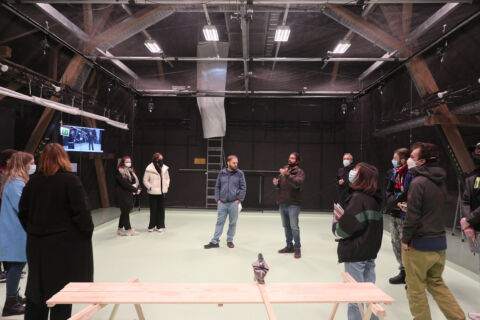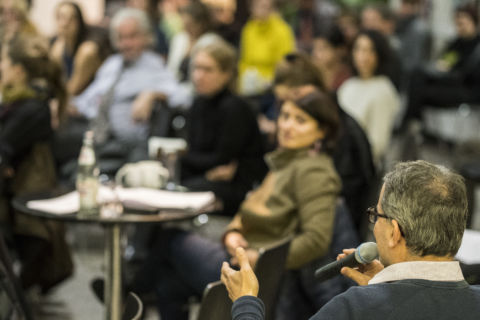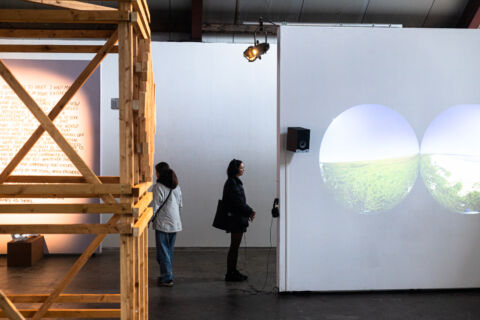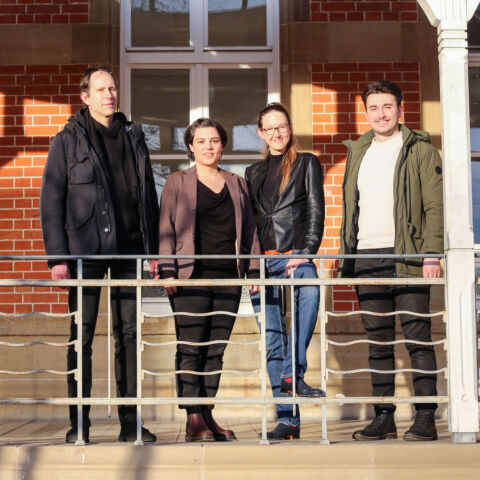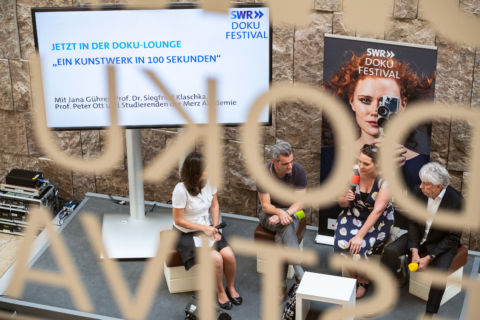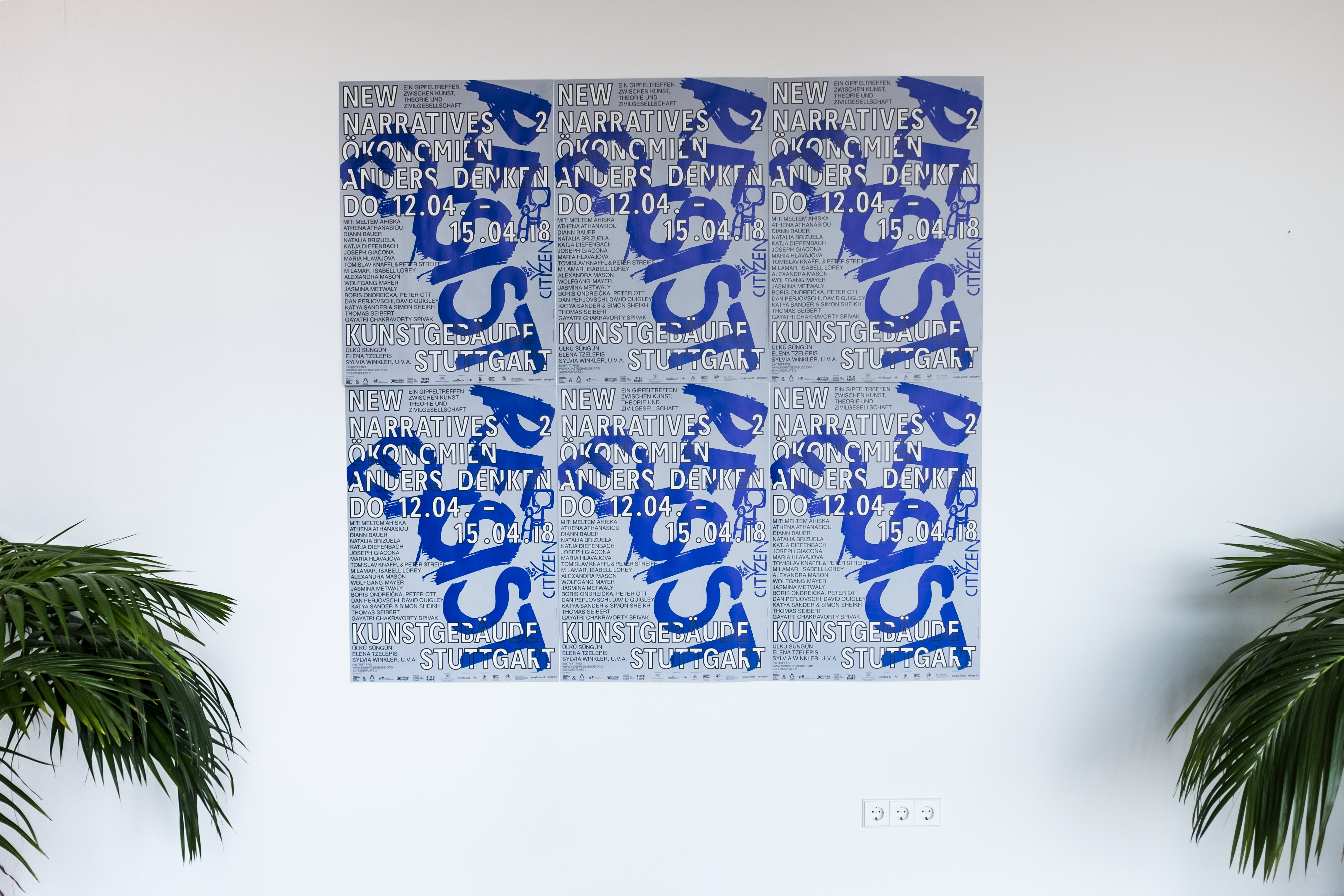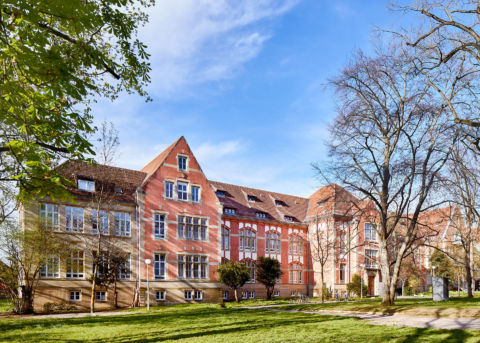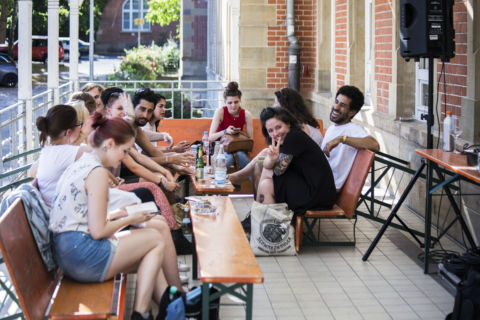
The Merz Akademie cooperated with the Centre of Excellence Centre for the Advanced Study of Collective Behavior at the University of Konstanz and the Max Planck Institute of Animal Behavior to investigate artistic approaches to the presentation of scientific data. The focus was on the visualization of and artistic experimentation with data. The basis were movement recordings of different animal species, e.g. data of crabs, fish or bird flocks, which were provided by the researchers.
The collaboration began with a meeting between Hemal Naik and Maren Schmohl, rector at that time, in India. Naik suggested the idea of collaborating with art institutes or artists in order to create sustainable outreach programmes for science communication. Naik and Frohnmayer, scientific assistant in study area New Media, decided to work together and organized three courses between 2019 and 2020 to test the feasibility of such collaborations. Since then, the cooperation has continued in regular semester projects.
